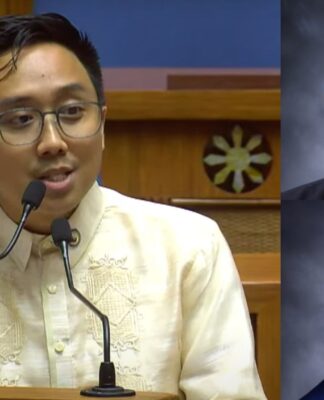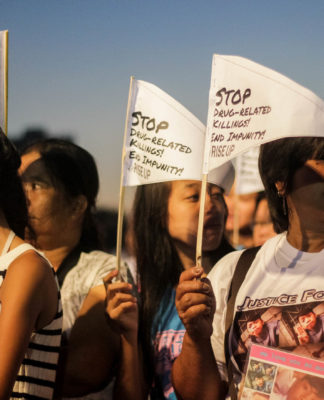I GOT the idea for the topic of this column after observing a few funeral rituals at home.
As a northerner, I am often exposed to practices city people might term primitive or even uncivilized. Take rituals observed when a person dies. Here’s a sampling from the omniscient minds of the elders: 1) if thou art family of the dead, thou shall not taketh a bath during the wake, and 2) if thou must (because either thou or other people cannot bear thy smell), thou shouldst go to thy neighbor’s house.
But take it from me: this and other practices are civilized as far as the people from my town are concerned. They are civilized because the people who practice them are civilized; the doer determines the deed, it is not the other way around. So perhaps the question that more properly should be addressed is not the belief’s adherence to societal traditions, but its conformity to reason.
This question of rational validity regarding thoughts and actions lies also with city people, especially, for the purpose of this article, those at the top of the social pyramid. What kind of rational absurdity, you ask, could come from the mansions of the rich and refined? Well, plenty, as a matter of fact.
An example would be moneyed people who consider tinapa as lower than cat food. Like, a pedigree like Percival wouldn’t even eat that, they would say. Apo Bitong would think that as absurd; with tomatoes, tinapa would make a humble feast.
The foregoing, roughly, should encompass the gap between the thinking of both sides of the fence. I would expect both, when presented with the life and thoughts of the other, to cringe at the silliness of the other’s actions. I don’t blame them at all.
This gap in thinking has been described brilliantly by a friend of mine as the postmodern doughnut—a center-less whole composed of disunited truths.
Disunited, because a truth such as that of the capitalist cannot swallow wholly that of the farmer, lest the former be accused of domination, which is a postmodern no-no.
According to the postmodern theme, no truth is universal; all other claims to the truth have some degree of it. This is because everything is open to interpretation by everyone. Everything is text, Derrida said, an open book to be interpreted by anyone who feels like reading it.
Inevitably we would have differences in perspectives. Which of these appeal to reason? We try to find out through (drum roll, please) dialogue. But because one does not entirely give up one’s perspective, truths link only to a certain degree. The result is a chain, a connection of truths rising together but leaving a space in the middle. Anyone who would dare to take a single step towards the center would be accused of lording it over the others.
So what happens next? Where does this lead us? Frankly, this is where I’m stumped. But then again, this article is just another interpretation by an insignificant fool. I wonder what our philosophers have to say. My own offering is this: that we should pay attention to those truths that we perceive to be reasonable and eliminate those which we see as veering to the opposite direction.
Still, how do we determine which is which without taking a step towards the middle? For in putting honey on one truth, we poison the others. To use a crude analogy, lotion may have an effect on skin raised in air conditioning, but not on that which is burned and cracked on a rice field.
I am a probinsyano studying in the city, and I often see and feel the gap. Every encounter involves choices and compromises. Ah, what a circus we are in.


















